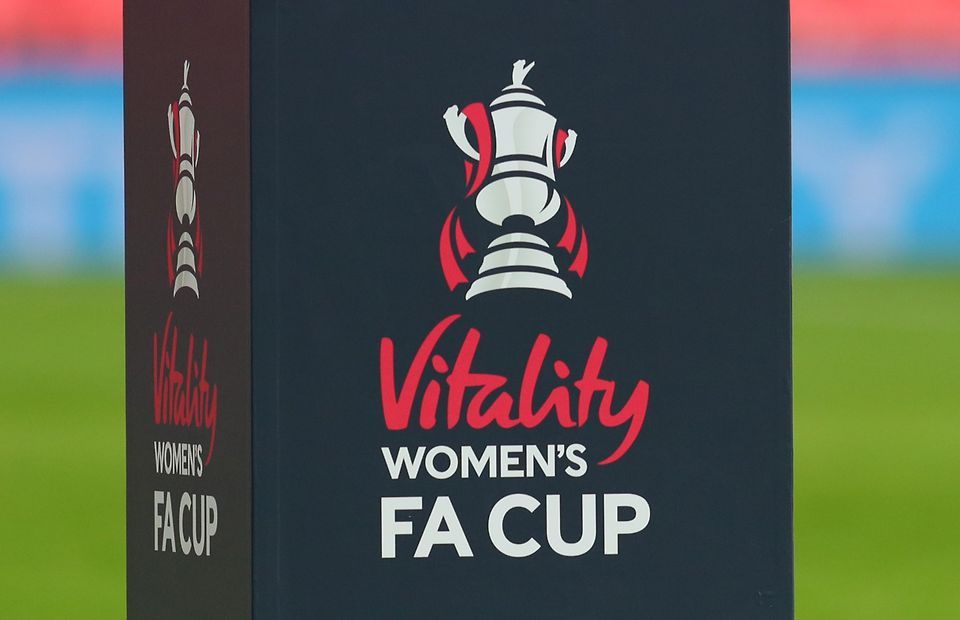The Women's FA Cup returned to action this weekend, with Chelsea and Manchester City becoming the first teams to book their places in the fifth round.Fans who visited Nottingham Forest's City Ground watched Georgia Stanway make history as she became the team's new all-time top goalscorer.But for those who were supporting from home, viewing access was limited for both Saturday fixtures. Despite three Women's Super League sides being in action, the matches were not shown on television. In the absence of a primetime TV slot, supporters can usually rely on the FA Player, which was introduced to provide more coverage for women's football matches. The platform has been a game changer — offering fans free access to live streams of the Women's Super League, Women's Championship, Women's FA Cup, Continental Cup, and coverage on the Lionesses.Highlight packages are also available, as well as the option to watch replays of full matches in the archives. The FA Player also provides coverage on men's FA Cup matches, and didn't disappoint during the the most recent round of the competition.However, with the site predominately known for showing women's matches, supporters have criticised the lack of coverage on Nottingham Forest vs Man City and Aston Villa vs Chelsea in the fourth round.
A number of fans and media personnel were left confused and frustrated over why Saturday's Women's FA Cup matches were not available to watch via the FA Player.
Instead, viewers had to rely on the teams streaming their respective fixtures via club apps, Facebook, and YouTube.
Many are wondering why a platform invented to promote the women's game failed to show two WSL heavyweights in Cup action at the weekend.
One account pointed out the fact that just one Women's FA Cup match will be shown on the FA Player this weekend, despite 32 teams being in action. Contrastingly, all men's fixtures will be showing the following week.
For many, the FA Player has become a go-to source for watching women's football. Without the knowledge of individual clubs broadcasting games on their own platforms, fans are forced to keep up with live feeds or official updates from the teams on social media.
The women's game simply cannot continue to grow if access to live fixtures, particularly including the reigning Women's FA Cup champions, are bumped off the schedule.




















